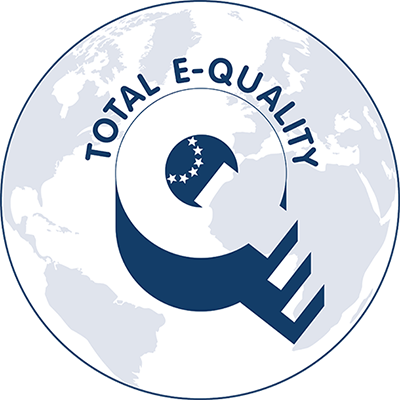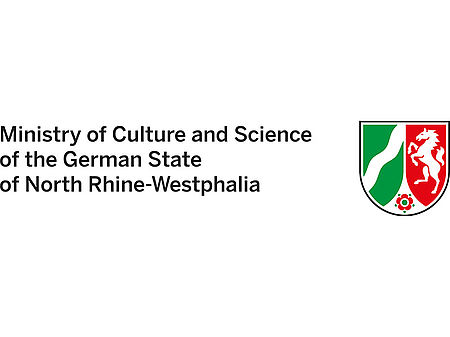Author agreements (publication agreements): which aspects are relevant?
Legal basis
Publishing agreements – also known as publishing contracts or publication contracts – have their basis in copyright law, as do the rights granted under such agreements. According to the German Copyright Act (hereinafter referred to as UrhG), authors are protected by copyright (cf. § 11 UrhG). Unlike industrial property rights, it is not necessary to apply for copyright because it automatically comes into force the moment a work is created. Copyright is non-transferable and expires 70 years after the author's death, though it may be transferred by inheritance (cf. § 64 UrhG; § 28 UrhG). The exclusive right of exploitation through publication and distribution of the work lies with the author (cf. § 15 UrhG). The author may grant exploitation rights to others, for example to a publisher or editor. Such rights may be granted in the form of an exclusive or non-exclusive licence. In the case of a non-exclusive licence, the licensee (e.g. the publisher or editor) is entitled to use the work in the permitted manner concurrently with the author or any other entitled persons. In the case of an exclusive licence, the licensee is entitled to use the work in the permitted manner to the exclusion of all other persons and to grant further non-exclusive licences. This can result in a situation where the author may be excluded from using their own work. The licence to exploit a work may be limited in terms of its geographical scope, duration or content (cf. § 31 UrhG)
Rights of use and open access
Unless otherwise agreed, the author of a journal article grants the publisher or editor an exclusive licence to reproduce, distribute and/or make available the work. After a period of one year, however, the exclusive licence granted to the publisher or editor becomes non-exclusive. Thus, once this 12-month period has elapsed, the author has the right to reproduce, distribute and/or make available the journal article in any other way as long as no other contractual agreements have been made. Once this initial 12-month embargo period has expired, the author can make their work freely accessible by uploading it to an institutional repository, a process known as self-archiving or green OA.
This also applies to scholarly contributions to edited volumes (collections) for which the author received no remuneration (cf. § 38 (1) and (2) UrhG).
As a general rule, however, publishing agreements tend to grant the publisher or editor an exclusive licence to exploit the work. In the case of journal articles, these will then be subject to § 38 (4) UrhG, provided that the conditions stated in this clause are met. The article may then be self-archived by the author under the stipulated terms once the 12-month period has elapsed. If the requirements stipulated in § 38 (4) UrhG are not met, you will need to check whether and to what extent the publisher permits self-archiving. Please consult the Open Policy Finder database for more details on each publisher's policy on green OA.
Assignment of exploitation rights in the context of a publishing contract
The granting of an exclusive licence implies a far-reaching assignment of rights. Authors are therefore advised to bear in mind the following points:
- As far as possible, you should only grant the publisher a non-exclusive licence so as not to be deprived of your right to exploit your work.
- You should endeavour to agree on the shortest possible embargo period before self-archiving is permitted.
It is therefore important for authors to pay careful attention to the contents of the publishing agreement and actively request changes to the stipulated terms where necessary. This can be effectively achieved by means of an addendum to the agreement. An addendum is a recommended means of preventing all rights from being transferred from the author to the publisher. You will find some links to corresponding templates on the right-hand side of this page. Another option is to delete clauses in the agreement that attempt to define your rights too restrictively.
When it comes to articles in open access journals, publishing agreements generally only grant the publisher a non-exclusive licence. Any attempt by a publisher to grant themselves exclusive rights in this context should be viewed with caution, since it is not compatible with the basic principle of open access.
The joint research project AuROA has developed a contract generator for open access book publishing which allows users to put together their own legally secure, modular contracts.
Licensing exploitation rights
When publications are published in an open access journal, they are generally protected by an open content license such as Creative Commons (also known as a CC licence). In this case the author retains the exploitation rights. Creative Commons licences govern the extent to which other people may exploit the work.
See also
Copyright and academic research: what are the key issues that affect you as an author
How do Creative Commons licences work?
The role of an academic author: key tips for researchers
Electronic publishing: what are the key issues to consider when publishing articles in open access journals?
Self-archiving: Policies on self-archiving: where can I find information on journals issued by different publishers?
Repository (document server or online archive): which is the most suitable repository for your publication?
Disclaimer
Important note: The information and links provided here do not represent any form of binding legal advice. They are solely intended to provide an initial basis to help get you on the right track. ZB MED – Information Centre for Life Sciences has carefully checked the information included in the list of FAQs. However, we are unable to accept any liability whatsoever for any errors it may contain. Unless indicated otherwise, any statements concerning individual statutory norms or regulations refer to German law (FAQ updated 12/2023).
Contact

Dr. Jasmin Schmitz
Head of Publication Advisory Services
Phone: +49 (0)221 999 892 665
Send mail
References
German act on copyright and related rights of 9 Semptember 1965, last amendmends on 23 June 2021 (BGBl. I S. 1858), Bundesministerium für Justiz. (accessed 18/03/2024)
Legal Basis for Publishing Agreements
Related links
Open Policy Finder (Formerly Sherpa Services)
with examples of addenda that can be added to publication agreements to assign rights:
SPARC Author Addendum to Publication Agreement
Scholar's Copyright Addendum Engine
AuROA Model Contract (only available in German)
Kreutzer, T. & Fischer, G. (2024). Wie es geht: Rechte klären · Verträge mit Verlagen verhandeln · Zweitveröffentlichungsrecht nutzen. iRIGHTS info, 31 January 2024 (accessed 18/03/2024) (German only)




